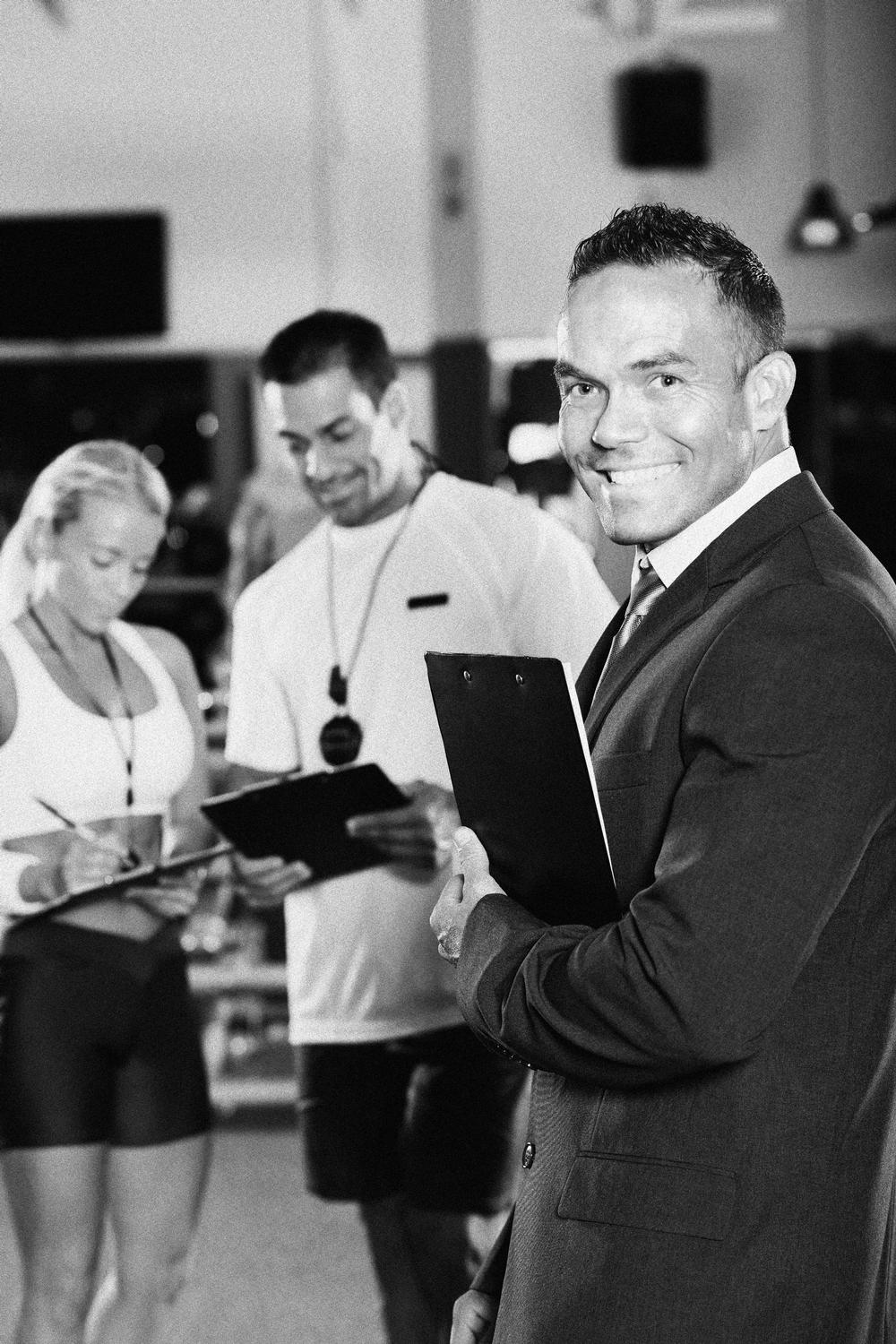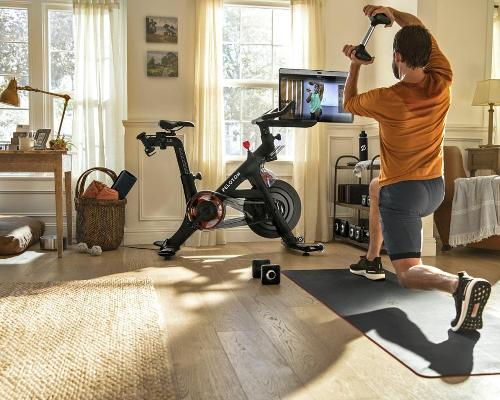There’s never been a better time to be in the health and fitness industry. Every day, new research emerges to prove that exercise can help practically every known health problem, from depression to cancer, as well as being the most effective anti-ageing treatment.
People want to be healthy, they’re learning they need to exercise to achieve this goal, and they want to do it in ways that are convenient, enjoyable and affordable: great news for health clubs with the right business model. We could be at the dawn of a golden age, when operators grow their businesses quicker than ever before and achieve record profits and market penetration – but only if we’re able to crack one yawning weakness.
That weakness is bad management: it’s one of the only things that will stop the industry becoming pivotal to the lives of the majority.
We’ve cracked pretty much all the other challenges: industry suppliers compete to keep a flow of well-designed equipment coming to market, we’re great at building clubs, and gym staff are better trained and qualified with every passing year. But the management challenge is one mountain we haven’t yet climbed.
Time to upskill
People have the cash to be able to afford memberships, yet the market penetration of health clubs stands stubbornly between 12 and 18 per cent (depending on how you work out the numbers) and industry growth has plateaued, simply because of the huge levels of churn – most health clubs leak their members like a sieve.
Any service business that loses customers to this degree has to look to its people for solutions, and it’s time decision-makers in this sector recognised that management is a discipline worth investing in and paying for. It’s time to upskill in this discipline instead of simply promoting the most competent gym instructor.
In the UK, CIMSPA – the Chartered Institute set up to lead the charge towards industry excellence in the field of professional development – has faced a number of challenges since it was launched and has recently undergone a comprehensive, ukactive-led review, unveiling its new business plan and governance structure in November.
Feedback gathered during the review included the need for the Institute to facilitate quality management training; many members and stakeholders also said it should be “a badge of quality”. “We’re aware of the challenges that face managers in the sector, whereby a third of them don’t have the appropriate skills or qualifications for their role,” acknowledged Steve Philpott, CEO of DC Leisure, in response to the review.
The health and fitness sector needs an organisation that can champion management training and qualifications and open a debate about how we can upskill staff; CIMSPA’s restructure has been designed to establish it as the strategic lead in this area.
Good track record
We’ve done this before with REPs, so we know it’s possible. In the case of REPs, the sector was after government recognition and cash in the form of subsidies. The sector was told in no uncertain terms that, unless health club staff were registered and trained, the government simply couldn’t recognise, support or engage with the industry. That was the push we needed as a sector to get on and create REPs – the Register of Exercise Professionals.
But while our fitness instructors are now qualified and registered, we’ve so far failed to create the same training and career development infrastructure around our managers. There’s no degree available in health club management, no proper career path to be followed and – if we’re honest – fairly limited prospects for ambitious people to build big careers.
Yet done well, the job is a sophisticated, demanding and complex one, which requires high levels of knowledge in everything from exercise science to marketing, and from innovation in food and beverage to yield management. It also requires managers who can deliver in both B2B and B2C environments, while also seeking out and developing partnerships for outreach work.
Sector-wide responsibility
The newly revitalised CIMSPA will now set out to support the fitness sector in developing such managers, with solid career pathways that help staff progress from technical roles to management level.
CIMSPA has already received a vote of confidence from the sector, with operators such as DC Leisure investing in the development body since its business plan and governance structure were approved by members.
But the responsibility cannot rest on CIMSPA’s shoulders alone. Here at Health Club Management magazine, we think health club management matters, so we’re committed to raising the profile of this important area by sharing information and inspiration about best practice. In a new series that will run throughout 2014 – developed in conjunction with CIMSPA – we’ll be highlighting areas of interest and sharing knowledge and expertise on health club management.
We believe passionately that it’s time health club management was taken seriously as a discipline in its own right in the wider business community – but if we as a sector don’t invest in it, value it and innovate within it, then the chance of our sector achieving wider respect and recognition is non-existent. It’s time the industry put management training at the heart of the agenda.

























































